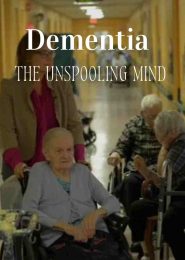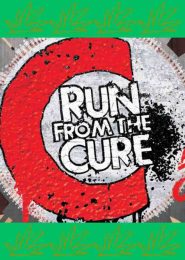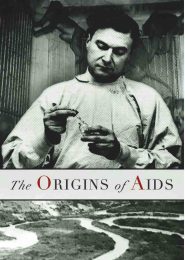Homeopathy: The Test (2002)
In the documentary Homeopathy: The Test, the clash between homeopathy and conventional medicine takes center stage. Directed by the BBC’s Horizon, this investigative film challenges the efficacy of homeopathy and offers a glimpse into the scientific scrutiny surrounding this alternative medicine. Released in 2002, it aims to unravel the truth behind homeopathy’s claims.
The Homeopathy Conundrum
Homeopathy, pioneered over 200 years ago, has fervent proponents who believe in its healing power. Practitioners and patients alike swear by its effectiveness. Yet, according to traditional scientific principles, homeopathy defies logic. Its basic tenet—that like cures like—suggests that ailments can be treated with highly diluted substances that produce similar symptoms. For instance, onions, which cause streaming, itchy eyes, are believed to relieve hay fever symptoms. However, many homeopathic ingredients are toxic in larger quantities. Skepticism arises because homeopathic solutions are diluted so extensively that they may not contain any original substance at all.
The James Randi Challenge
Enter James Randi, a renowned skeptic. Randi is so convinced that homeopathy lacks scientific basis that he has publicly offered $1 million to anyone who can provide convincing evidence of its effects. For the first time in Horizon’s history, the program conducts its own scientific experiment to try and win Randi’s money. If successful, they won’t just be $1 million richer—they’ll also force scientists to reevaluate their fundamental beliefs.
The Placebo Effect
The placebo effect—a well-documented phenomenon—plays a role in homeopathy. Patients often feel better simply because they believe a treatment will work. Interestingly, large pills tend to work better than small ones, and colored pills outperform white ones. But could homeopathy’s benefits be entirely due to the placebo effect? If so, it shouldn’t work on babies or animals, who lack awareness of taking medicine. Yet many people insist it does.
Jacques Benveniste’s Controversial Research
In 1988, Jacques Benveniste, studying allergies, experimented with highly diluted solutions. Surprisingly, even when allergens were diluted to homeopathic levels, they triggered reactions in basophils. This finding challenged conventional wisdom. Could homeopathy hold a scientific secret? Or was there a more rational explanation?
The Legacy
Homeopathy: The Test leaves us pondering. Could science have overlooked something? Is there a conventional explanation for homeopathy’s perceived effectiveness? The film doesn’t shy away from skepticism but invites us to explore the boundaries of our understanding. Whether homeopathy is a placebo or a genuine healing force remains a contentious debate—one that continues to shape medical discourse.
In summary, Homeopathy: The Test is a fascinating exploration of an age-old practice, where science meets skepticism, and the quest for truth persists.




